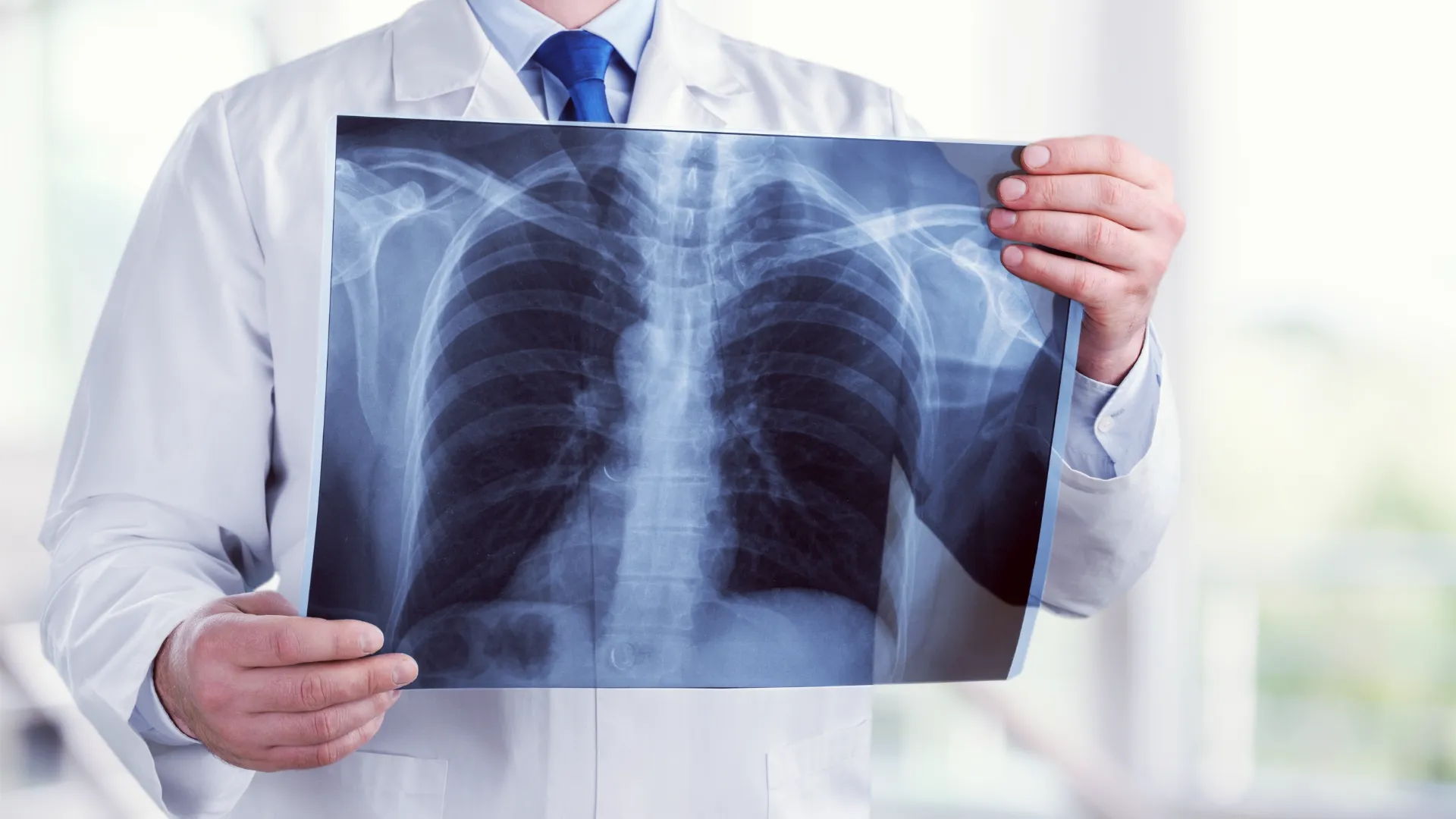Radiation therapy is one of the treatment options used for mesothelioma, a rare and aggressive form of cancer that commonly affects the lining of the lungs (pleural mesothelioma), although it can also occur in the lining of the abdomen (peritoneal mesothelioma) or heart (pericardial mesothelioma). While radiation therapy can be effective in reducing tumor size, relieving symptoms, and improving quality of life, it can also cause side effects, which may vary depending on the dose, area being treated, and individual patient factors. Some potential side effects of radiation therapy for mesothelioma include:
- Fatigue: Radiation treatment can cause fatigue, which might be mild or severe, affecting daily activities and energy levels.
- Skin changes: The skin in the treated area may become red, irritated, dry, or more sensitive. It might resemble a sunburn and could become itchy or develop peeling.
- Chest pain or discomfort: For pleural mesothelioma patients undergoing radiation to the chest area, there might be temporary discomfort or pain as a side effect.
- Difficulty swallowing: If the radiation involves areas near the throat or esophagus, it could lead to difficulty swallowing or soreness in the throat.
- Respiratory issues: In pleural mesothelioma patients, radiation targeting the chest area might lead to shortness of breath or worsen existing breathing difficulties.
- Nausea and vomiting: Although less common with radiation compared to chemotherapy, some individuals may experience these symptoms, especially if radiation is near the abdomen.
- Hair loss: Hair loss might occur in the treatment area, but it’s not as common as with chemotherapy.
- Long-term effects: Radiation therapy may also cause long-term effects such as lung damage (pneumonitis), heart problems, or the development of secondary cancers in the treated area. However, the risk of these complications tends to be lower compared to the benefits of treating the cancer.
It’s important to note that not all patients will experience these side effects, and their severity can vary. Doctors and healthcare teams work closely with patients to manage and minimize these side effects by adjusting treatment plans, prescribing medications, or recommending supportive care strategies.
Individual experiences with radiation therapy can differ, and patients should communicate openly with their healthcare team about any concerns or side effects they may be experiencing during treatment. Additionally, patients should follow their healthcare provider’s instructions for managing side effects and attend regular follow-up appointments to monitor their progress.
